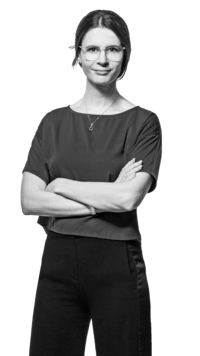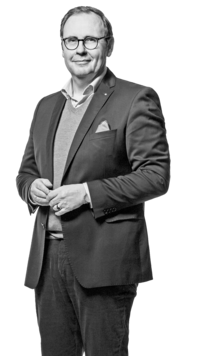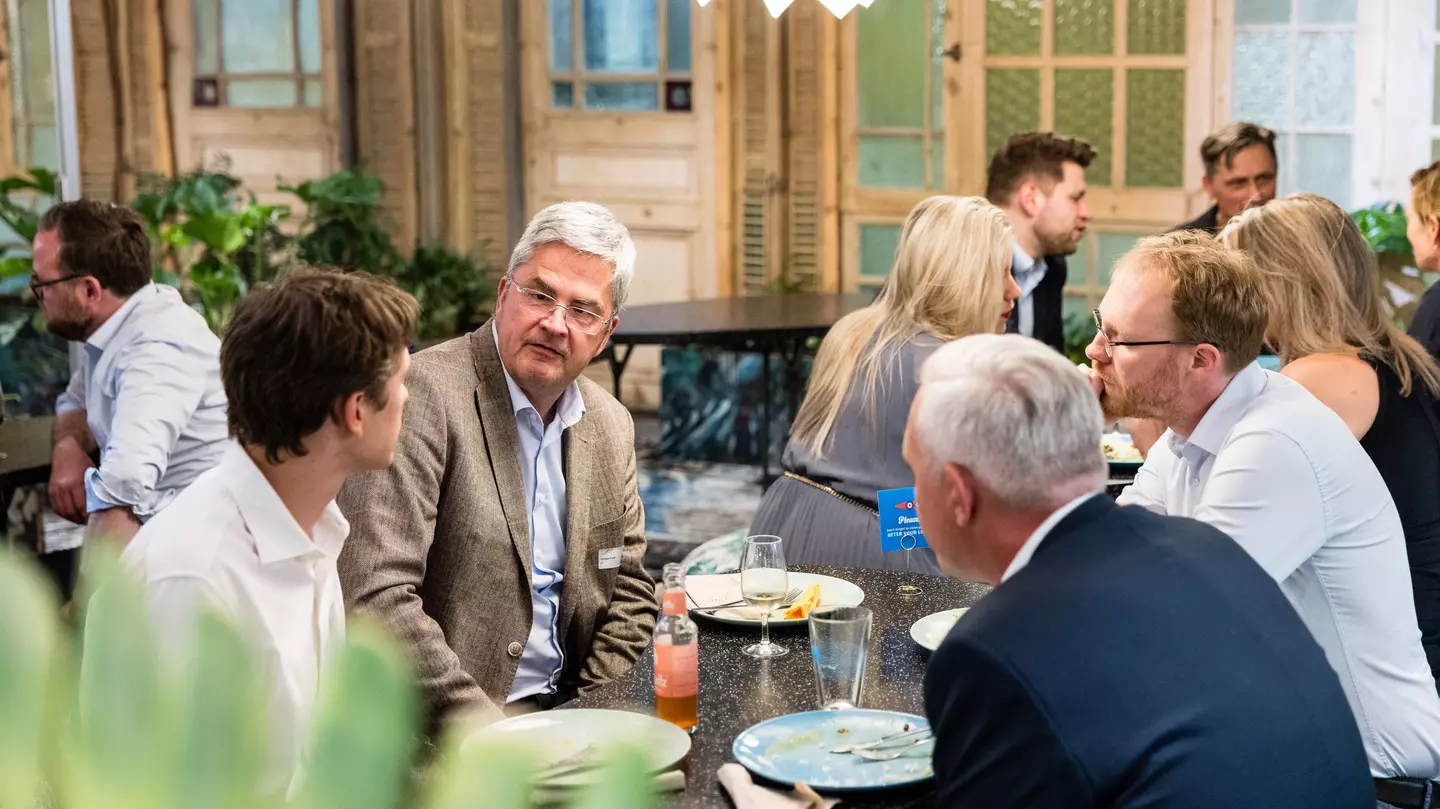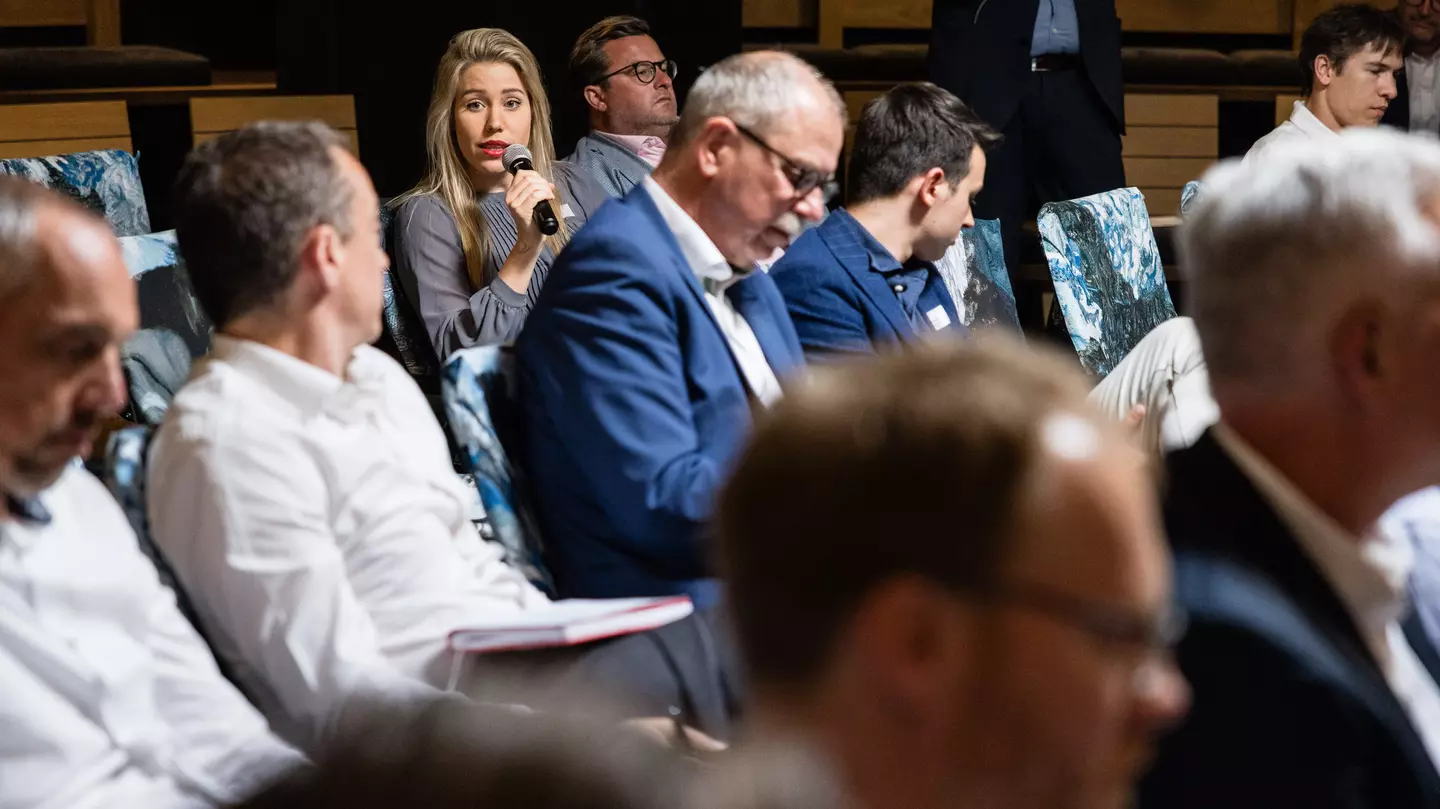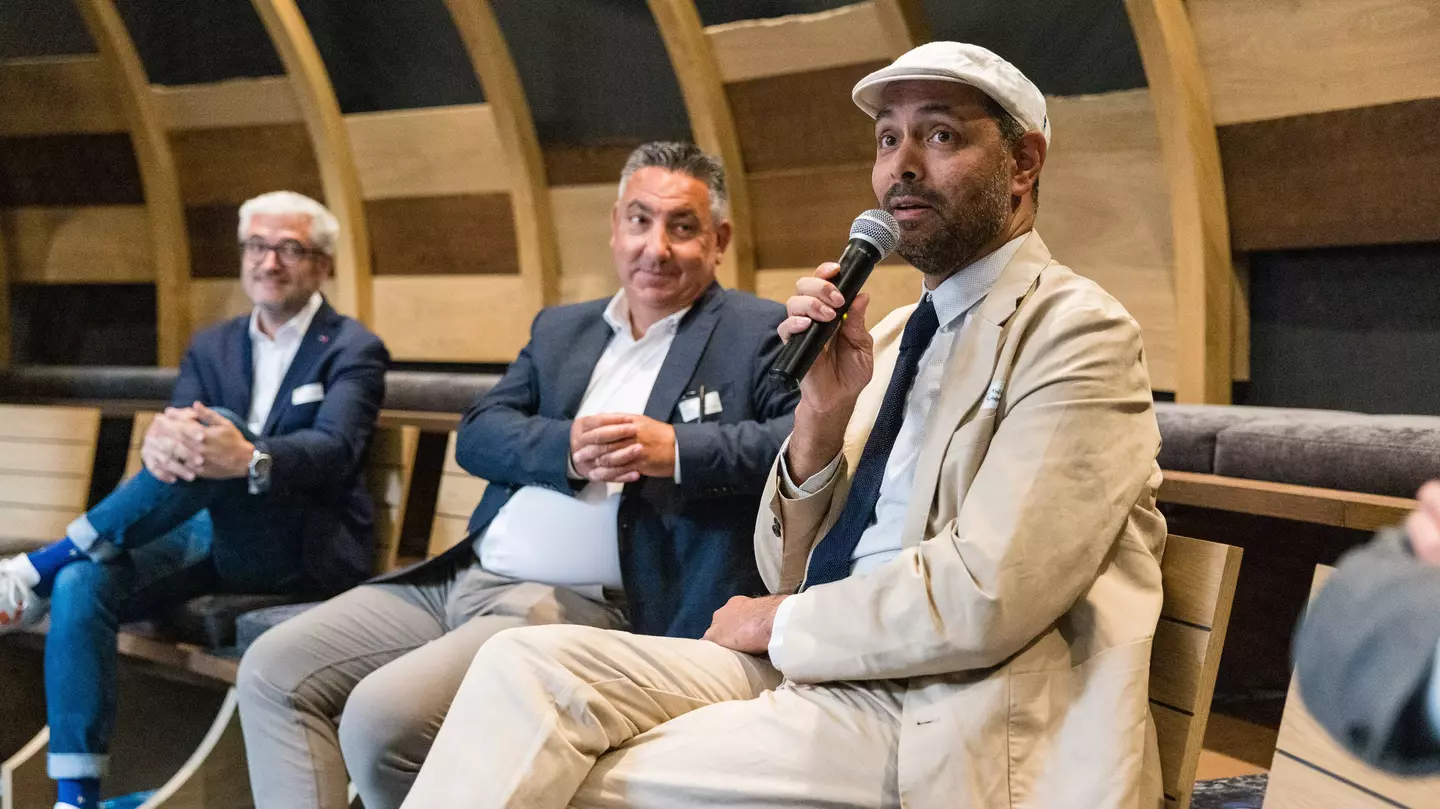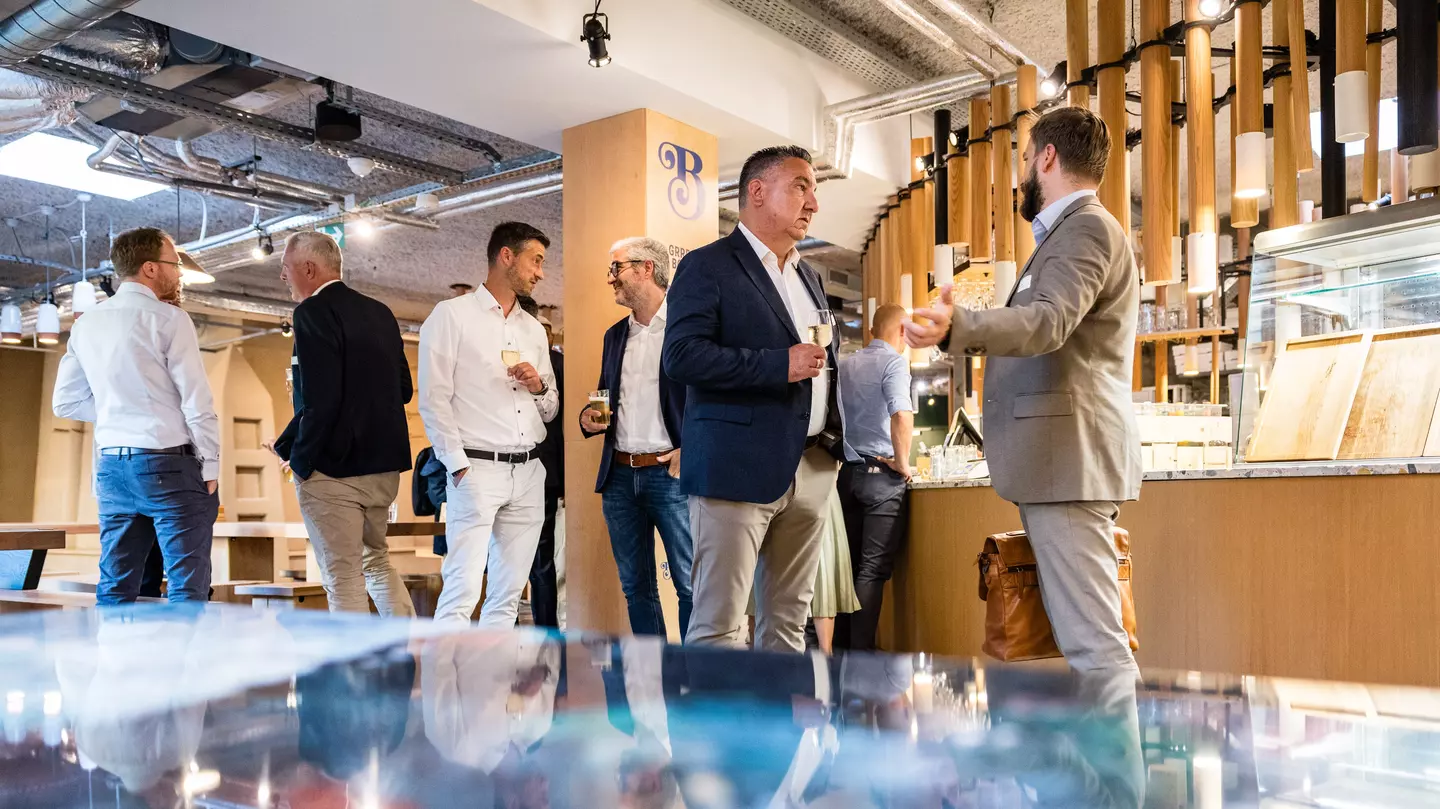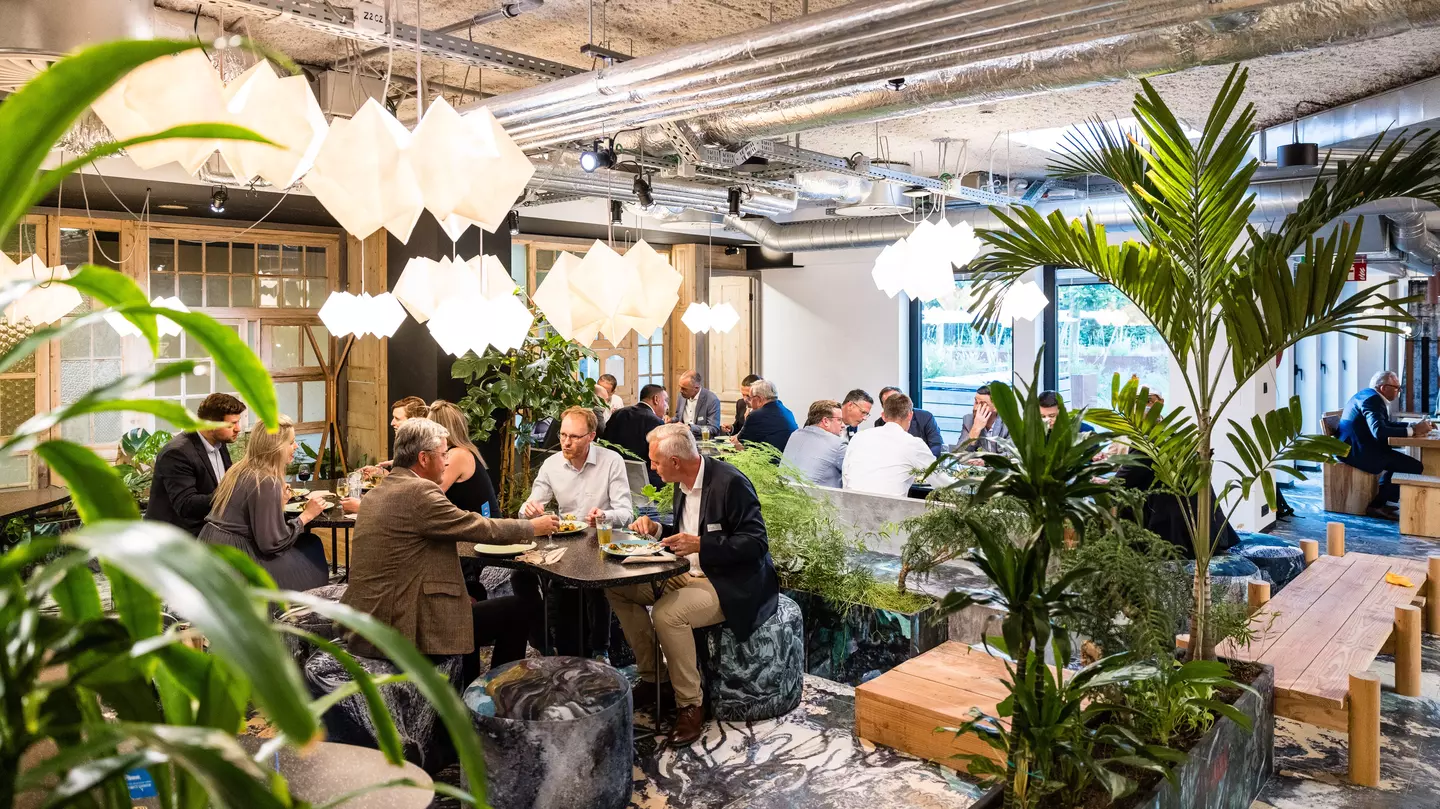How can Europe reinvent itself without losing the historical values that define it? This question was the focus of a joint event organized by Re-Building Europe and the European Dialog Initiative, two Drees & Sommer initiatives.
As the European capital, Brussels was the ideal place to discuss the EU’s progress in the area of socioecological development with our network of partner companies. At the same time, we see this transformation as an opportunity to ensure international competitiveness. This must be achieved through adopting new mindsets that can only be shaped through discussion. The participants were hosted at the two-day event by Ramona Thumm, Götz Schönfeld and Michael Konopka from Drees & Sommer. It was encouraging to see how the guests from different companies and institutions came together to contribute their expertise and passion for sustainable development in Europe.
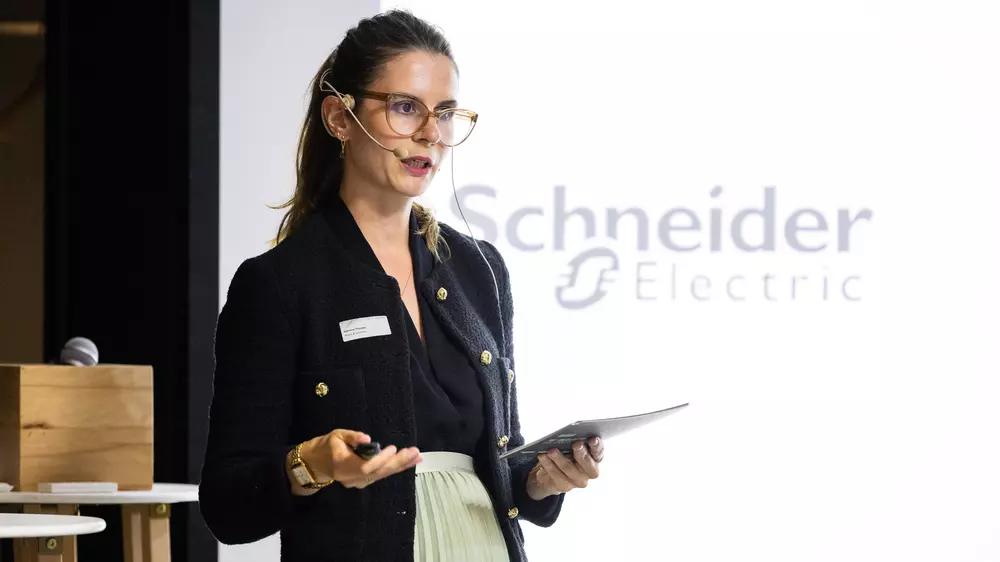
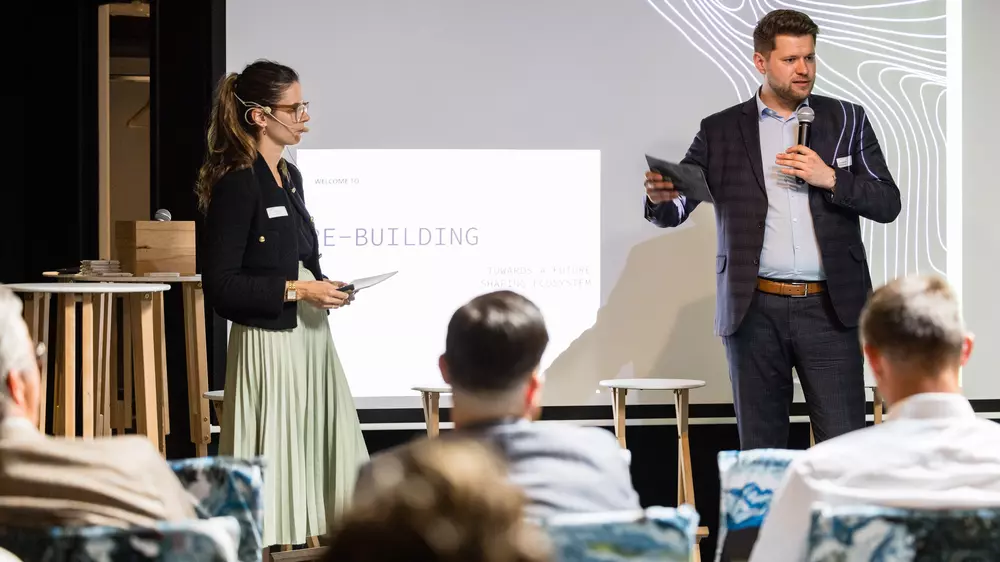
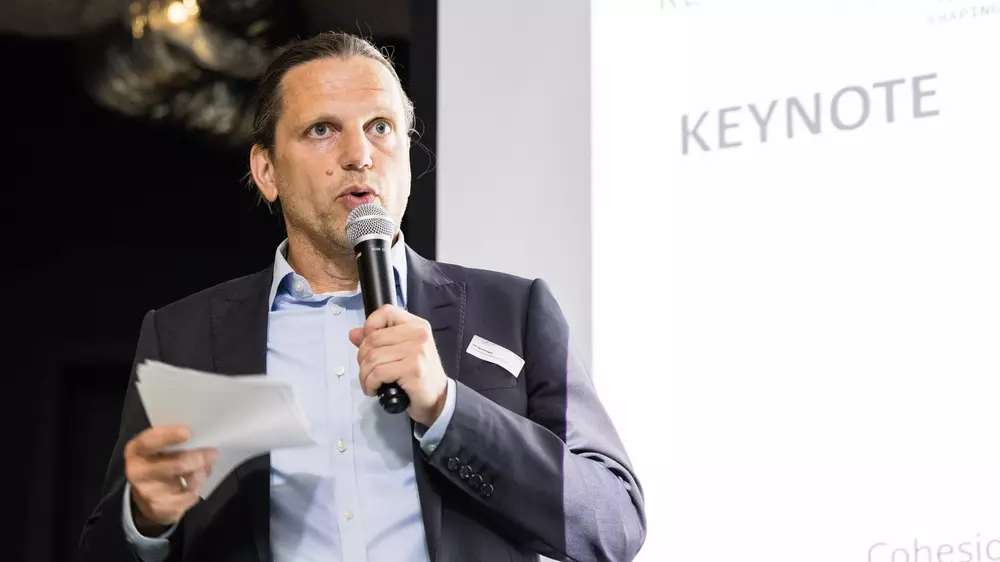
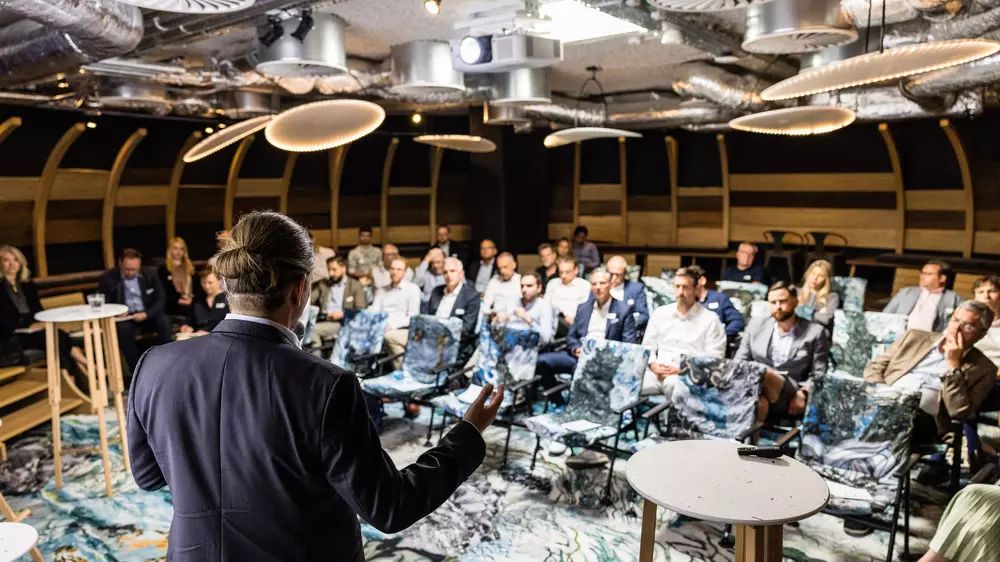
Till Spannagel, who is responsible for competition policy and public procurement at the Permanent Representation of the Federal Republic of Germany to the EU in Brussels, gave the keynote entitled ‘Europe in Transition’. He described the laws and measures that the EU has adopted to achieve its climate goals, with particular emphasis on Strategy 55, which aims to reduce carbon emissions by 55% by 2030. He stressed that the EU wants to focus on revitalization rather than on new construction projects.
Another topic was the role of the construction industry in the emissions trading system. As the sector is one of the largest emitters of carbon, companies in it must address sustainability. And as fossil fuels will become considerably more expensive in the future, the energy efficiency upgrade of established buildings is a new goal. The EU also emphasizes the importance of renewable energy.
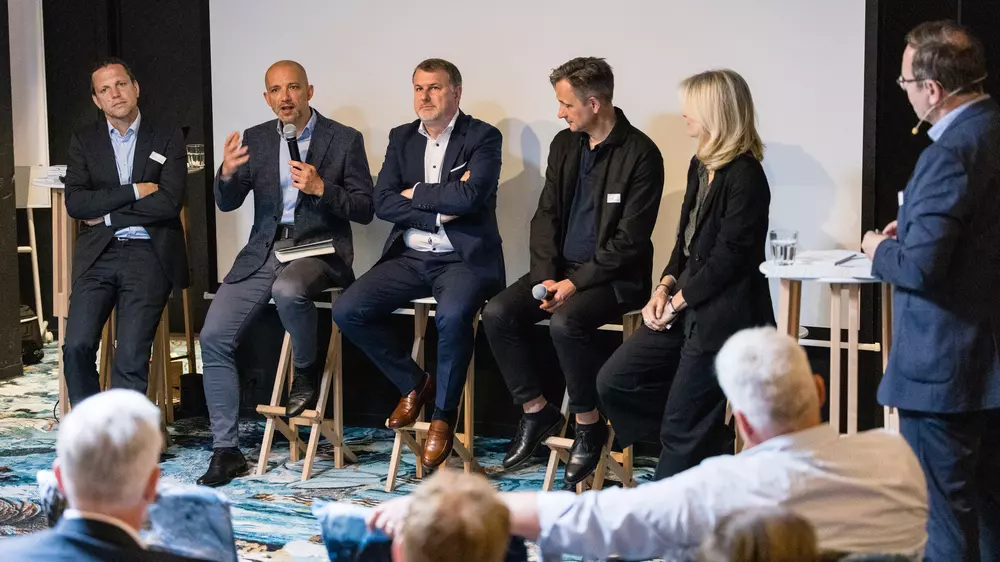
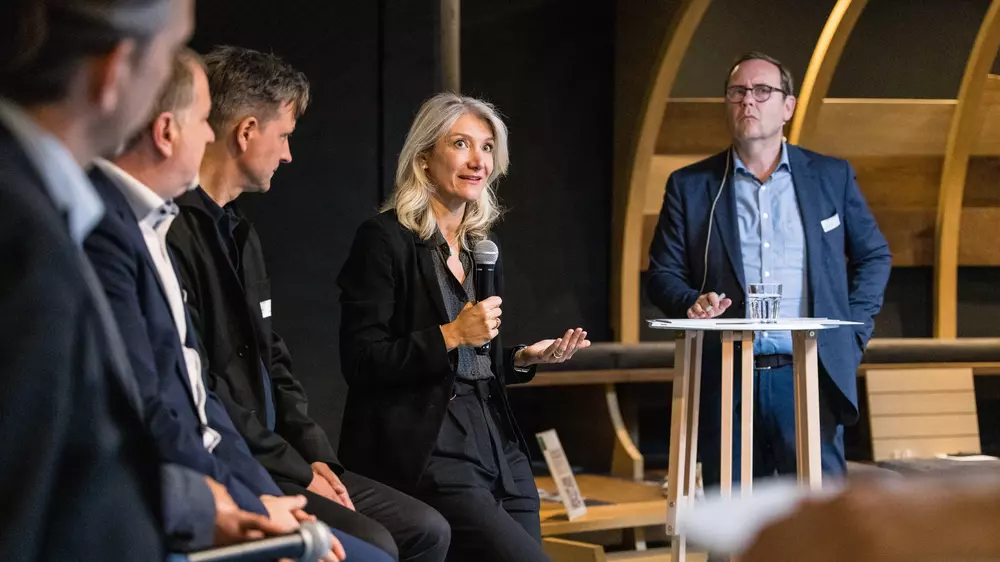
‘How to Re-Build Europe?’ is the simple question that the guests – including representatives of the European Commission, the European Parliament, the architectural firm Baumschlager Eberle and the European Network of Living Labs (ENoLL) – considered during the panel discussion. There was a particular focus on new solutions for urban districts, in which inclusion plays a key role. Nicolae Moldovan highlighted the Romanian city of Beclean, which has seen huge population growth and a sharp rise in tourism thanks to €400 million in EU funding.
At the same time, it was pointed out that not everything is going perfectly in the EU. Switzerland, for example, is a role model for networking between universities and business. The participants also emphasized that the EU has a moral responsibility to be a role model for sustainable transformation for other regions around the world, because in most countries, environmental and climate protection have hardly played any role to date.
The day ended with a summary of the findings, which were then discussed in greater detail during the Networking Dinner.
The event provides an inspirational platform for the exchange of ideas and the creation of a common understanding of sustainable development in Europe. At the same time, it is an opportunity for a much-needed exchange between legislators and business. It is clear that the EU cannot act in isolation, but must find solutions in collaboration with other regions and countries around the world. The review of this event highlighted the importance of dialog and cooperation to build a sustainable future.
GET In TOUCH
